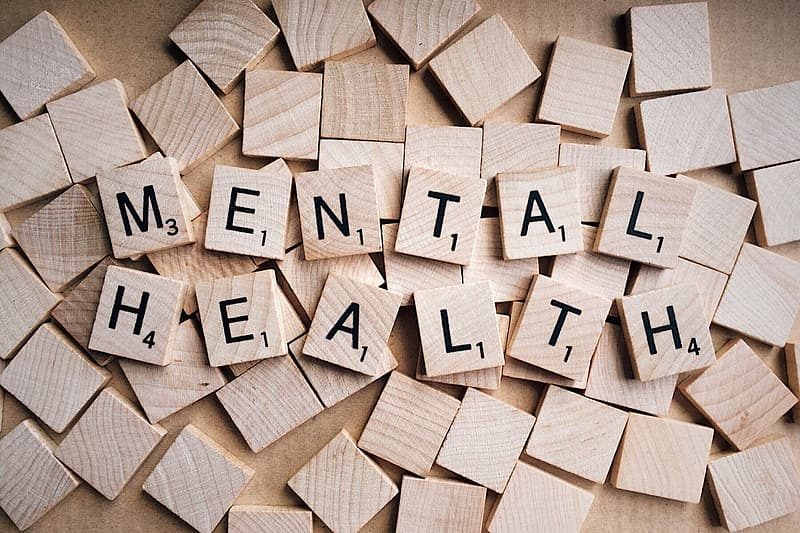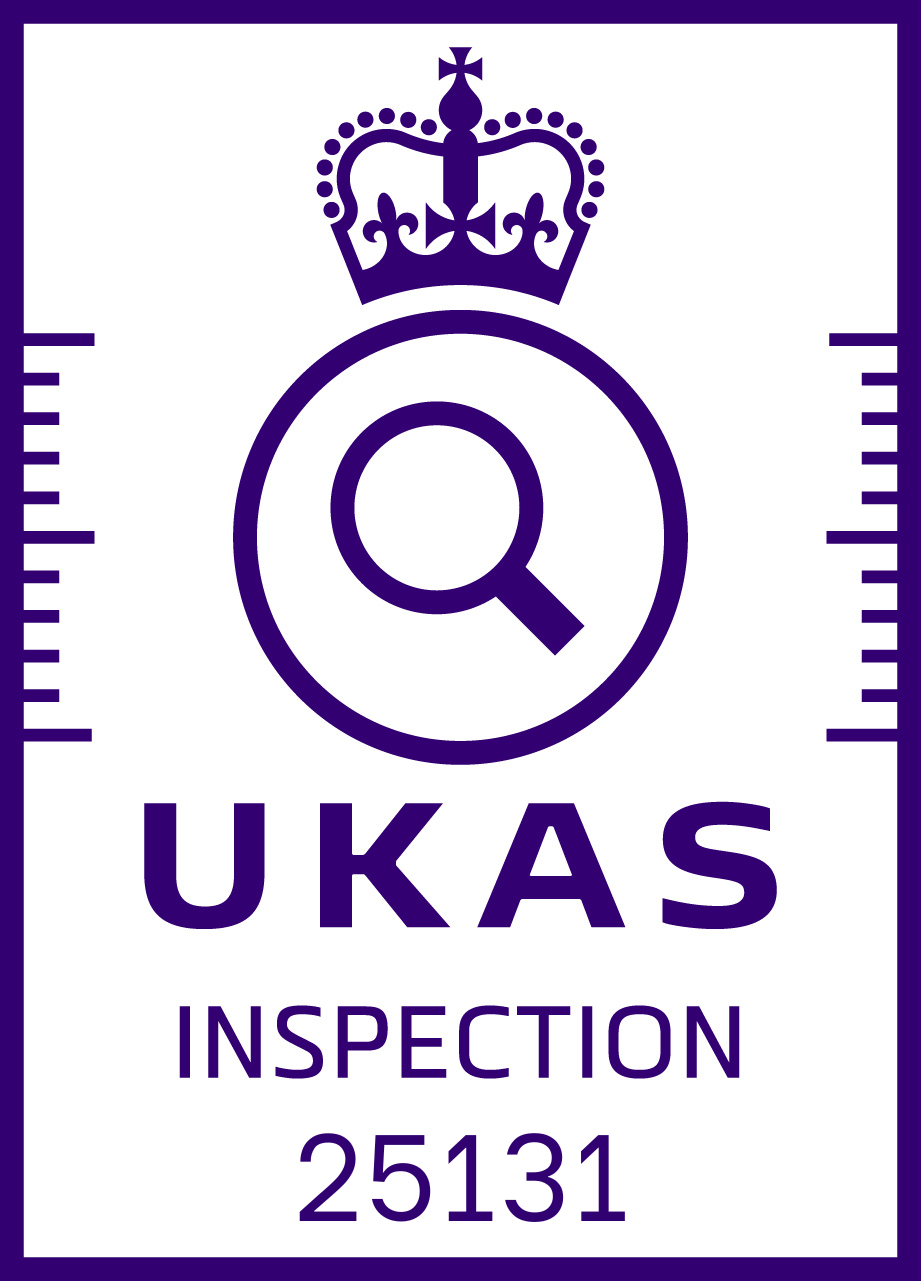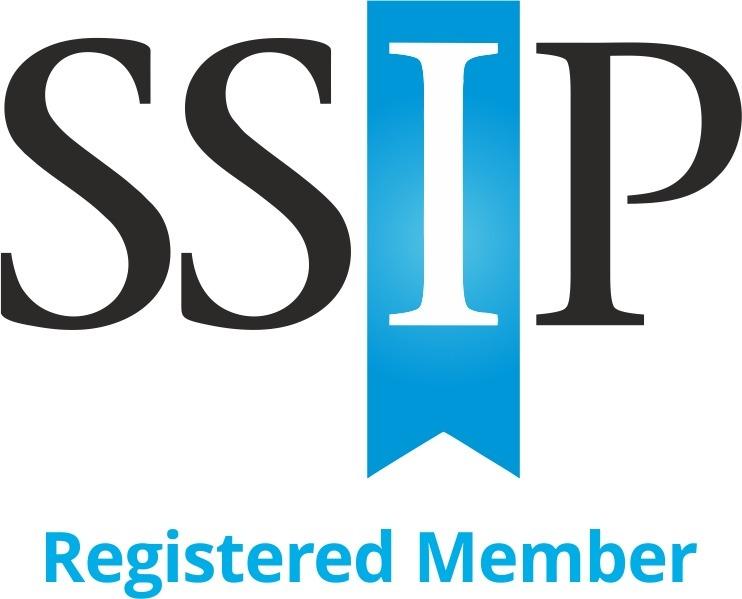The importance of sustaining the workforce, making sure there is a constant stream of upcoming skilled talent, is well-documented in the construction industry. It is pleasing to see that a growing number of organisations believe that hand in hand with sustainability should be caring for workers’ mental health.
“It’s crucial that we all work together in order to look after our construction workforce, especially as the second wave of the pandemic begins to emerge”, says Gerard Toplass, executive chairman of recruitment firm Pagabo.
It is clear that the coronavirus pandemic is going to have huge mental health implications on the nation, and figures released by the Office for National Statistics (ONS) in July showed that the number of people in the UK affected by depression has risen from one in ten to one in five since the same time last year.
As the construction industry has historically had higher-than-average rates of suicide and negative mental health, it’s crucial that we all work together in order to look after our construction workforce, especially as the second wave begins to emerge.
The construction and facilities management sectors routinely place people in lone-worker situations. Add to this the challenges of home working and home schooling – a reality for many since March 2020 – and many people suddenly feel under greater pressure to maintain equilibrium and can give rise to, or exacerbate, mental health problems.
A global survey of around 300,000 people by Kantar Health bears this out: the proportion of people experiencing depression symptoms rose from 7% to 11% since the start of the pandemic. Construction is a largely male-dominated industry and many of these workers won’t have felt particularly comfortable talking about their feelings and emotions. Thankfully, changes both within the industry and in wider society are changing this, but there is still a long way to go until everyone is happy in raising their concerns.
Terry Wilcock is Group Director of Health and Safety at Premier Technical Services Group Ltd (PTSG), a major provider of specialist services to the construction and facilities management sectors. He said:
“Despite making great strides, we still have a long way to go. Mental health problems can affect anyone in any industry and yet all too often it is still a taboo subject. People still feel uncomfortable talking to an employer about their mental health.
“A mentally healthy workplace and increased employee engagement are interdependent – by looking after employees’ mental well-being, staff morale and loyalty, innovation, productivity and profits will all rise. Above all, creating a culture where staff feel able to talk openly about mental health at work is the most important part.”
There are many individuals across the industry who will be extremely nervous about returning to the workplace – especially given the second wave of the virus we are currently facing.
Whether it’s making sure there is a reassuring, friendly face to greet employees on return to the office to walk them through the safety measures in place, or a line manager supporting a member of staff with any struggles or concerns, it’s important that we adopt an ‘extra mile’ attitude to looking after our staff not just now, but as an ongoing measure.
FASET (Fall Arrest Safety Equipment Training), as the established trade association and training body for the safety netting and temporary safety systems industry, exists to promote the wellbeing of workers.
FASET is a keen follower of developments in the industry, especially in these unprecedented times. Lone working, mentioned above, is one of the contributory factors to mental health issues among construction workers. We know that it is vital to address not just the physical implications of working in potentially dangerous situations (working at height is dangerous by definition) but also ensuring we do all we can to support workers’ mental health.
Image:
| Source | https://pixabay.com/photos/mental-health-wellness-psychology-2019924/ |
| Author | Wokandapix at Pixabay |
For more news, click here.









